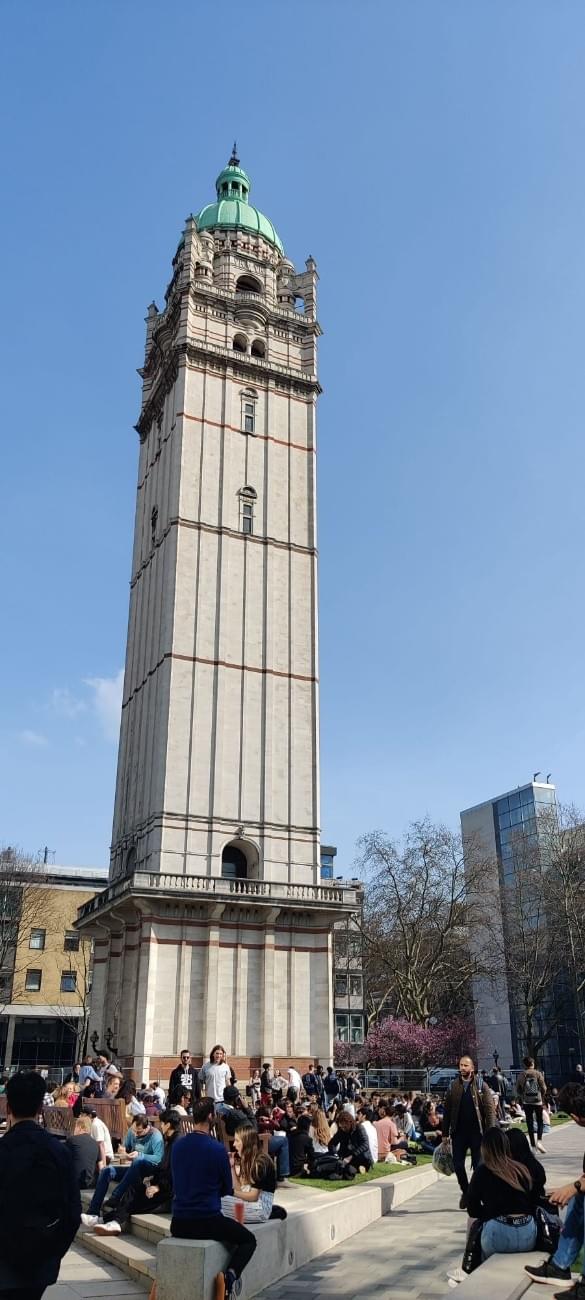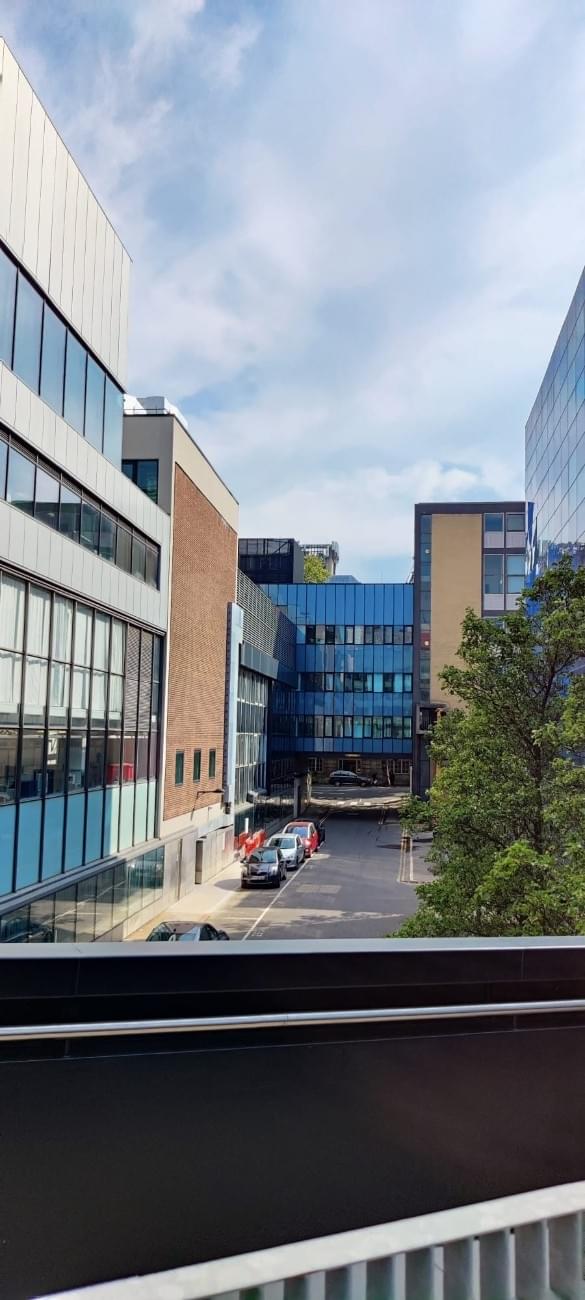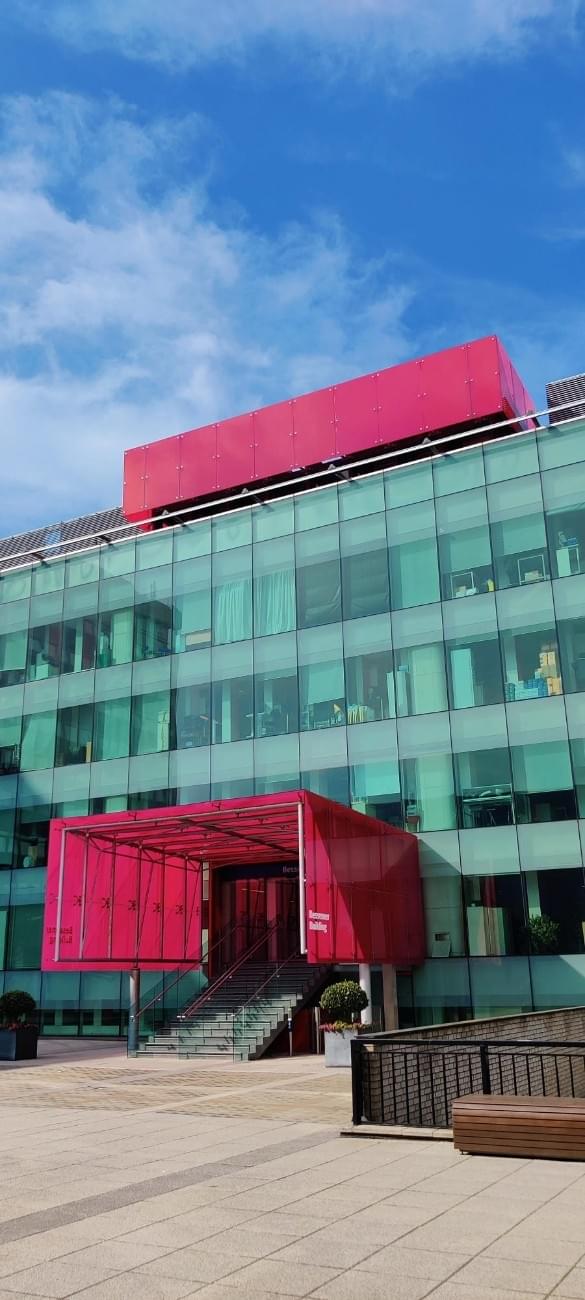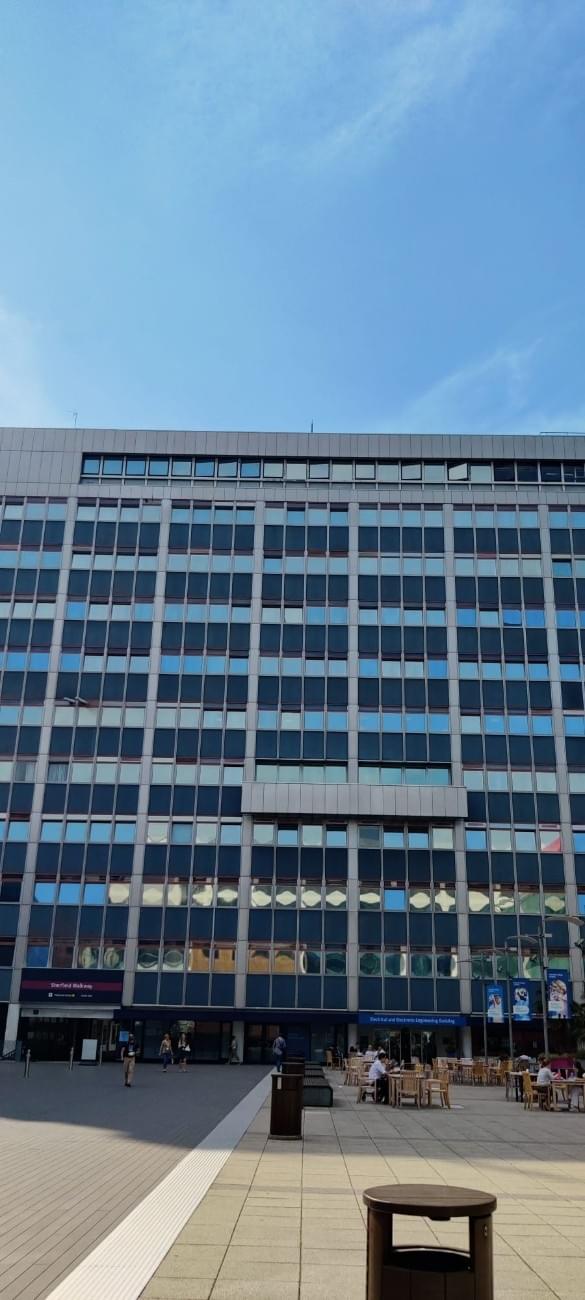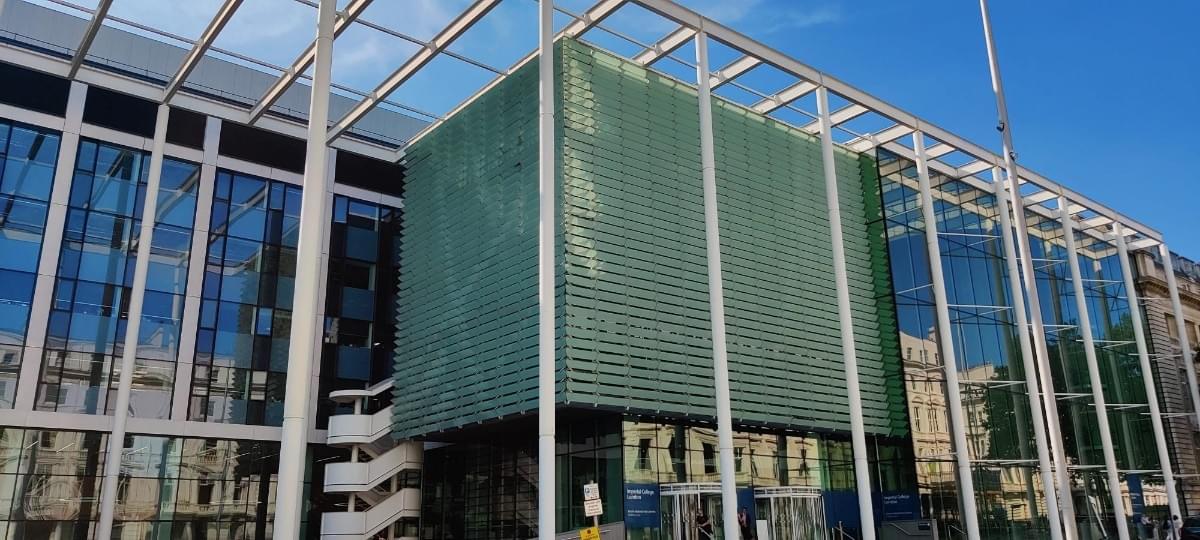What Students Say
Likes
- The lectures were focused on facilitating discussion and debate within the classroom rather than delivering theoretical content
- The courses had plenty of case studies from real world situations that have occurred
- We had a lot of projects which allowed us to think critically and apply ourselves
Dislikes
- The self study material provided was too extensive to cover before lectures
- Sometimes there was a lack of clear guidance on how to approach registering and attending professional events
- For one course we had lectures change in the middle which was less than ideal
Course Curriculum
- The course material itself was of moderate difficulty. The self-study material was obviously quite theoretical with books, PDFs, news articles and videos
- The coursework however was very practical and involved conducting case-studies in class or undertaking projects followed by a presentation of results
- The course was overwhelmingly positive in my experience, with a core focus on experiential learning
- I think there were about 160 students overall split into two class groups. I think there were about 15 Indian students out of a class of 160
Admission Experience
-
I applied to the following universities:
- Imperial College London – admitted
- London Business School – rejected
- For LBS, you need a great GMAT/GRE score. My score was decent, and I knew I would struggle to achieve more than this, as I was working full-time and could only devote limited time outside of work for preparing. My work experience was in a start-up, while LBS prefers people who have worked at bigger brand-name companies
- Imperial because of its focus on STEM. Imperial tries to blend the world of STEM and business together, which is exactly what I was looking for. I attended several events that were in collaboration with their engineering and other departments.
- Just a video interview
- GRE/GMAT and IELTS/TOEFL.
- Process was quite smooth, but they did take a while to assign a CoS
- There is only one intake in September (Fall intake) and hence I applied for that intake
- It took about 3 months from the day I submitted the application to receive a decision
- The video interview invite was received after 30-45 days of applying
- Then another 1-2 months to receive a decision after giving the video interview
- Imperial uses Kira for video interviews.
Faculty
- There was one professor and one teaching assistant for a class of 80 students. Some courses had 2 professors and one teaching assistant for a class of 80 as well
- Teaching methodology was centered around discussing real-world problems and conducting case studies in class. The teachers facilitated active discussion and debate within the class and encouraged class participation
- My Geopolitics professor was great and incredibly approachable and recommended us books that we can read to learn more about the field
Campus Life
- There are two major ones: South Kensington and White City
- Both campuses have pubs, gyms, library, and cafes
- There is an induction week for new joiners and
- All sports facilities are usually available on campus and there is society for each sport that you can join
- Most events tend to take place at the union bar, which is where everyone meets up after class
Part Time Jobs
- Students in masters typically do not get on-campus jobs
- Students are allowed to work a maximum of 20 hours per week in any part-time position
- On-campus jobs are typically filled by PhD students or students that have been at the university longer than one year. I didn't hear or anyone getting an on-campus job in my cohort. If available, they are bound to be extremely limited.
- Most students tend to work retail jobs, such as being a waiter or a concierge at a store. These part-time jobs are usually available online for applications. However, it can be quite challenging to get jobs, as everyone looks for them at about the same time. A good idea might be to show up in person at the location to talk to the manager on site for such jobs.
Placement
-
I would say about 90% of the people who are looking for jobs and are serious about it receive a job offer within 6 months after graduating. The average salary can vary quite a bit based on the industry. It also varies a lot by location; London has the highest salaries.
- Finance: GBP 35,000 - 45,000 per year
- Banking: GBP 40,000 -70,000 per year
- Asset management: GBP 30,000 - 60,000 per year
- Marketing: GBP 28,000 - 35,000 per year
- On an average in other industries: GBP 28,000 to GBP 35,000 per year
- People find jobs by applying online to company websites and through LinkedIn
- Most of my batchmates ended up at boutique firms specialising in their area of interest
- All companies hire from Imperial, and all big companies attend the career fairs
Accommodation
- I opted for Imperial's postgraduate accommodation, which is located off campus. I searched a bit online but wasn't sure where to book, hence I went with the safest option.
- Rent was about GBP 1000-1200. Everything was included except laundry but there were machines on site which you could pay and use
- The accommodation also had an onsite gym which was free for residents to use
- No challenges as such, just paid on their website. I would recommend looking at all the students' halls available and picking the best one. You can also choose to rent directly from a landlord and you can use SpareRoomor Zoopla to search.
- My accommodation was a 25-30 min bus ride away from campus. Some Indian students stayed in the same accommodation.
Exams
- For Imperial, it is optional to give the GMAT/GRE. I, however, gave the GRE.
- For English language proficiency, you can give the IELTS or TOEFL. I gave the IELTS Exam
- The application form had a lot of basic questions and also had questions asking about mathematical courses studied and coding proficiency. It also had 4-5 essay questions
- Aside from this, a CV and 2 LORs are needed
Fees
-
My Fee is:
- GBP 30,000 (total fees)
- Upfront or in two split payments throughout the year
- My monthly expenses (approximate):
- Rent (with all bills included): GBP 1000-1200 per month
- Transport: GBP 200-300 per month
- Groceries: GBP 60-100 per month
- Phone: GBP 5 per month
- Other regular expenses that one can expect to pay:
- Internet: GBP 25-45 per month
- Phone: GBP 25-50 per month
Scholarship
- I did not receive a scholarship, as I applied pretty late, and by then the scholarship deadlines had passed
- Most of batchmates did not receive a scholarship
- The only people that I know who received scholarship were from underprivileged backgrounds and had a genuine need for a scholarship without which they would be unable to study at Imperial (even with student loans)


